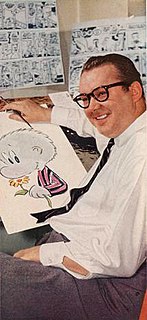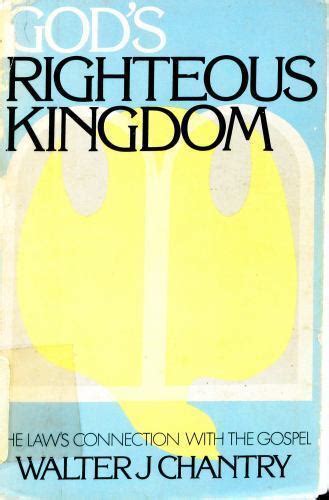A Quote by Ralph Waldo Emerson
We must not inquire too curiously into the absolute value of literature. Enough that it amuses and exercises us. At least it leaves us where we were. It names things, but does not add things.
Related Quotes
Our Lord’s making of a disciple is supernatural. He does not build on any natural capacity of ours at all. God does not ask us to do the things that are naturally easy for us- He only asks us to do the things that we are perfectly fit to do through His grace, and that is where the cross we must bear will always come.
We are snared into doing things for which we get called names, and things for which we get hanged, and yet the spirit may well survive - survive the condemnations, survive the halter, by Jove! And there are things - they look small enough sometimes too - by which some of us are totally and completely undone.
We reckoned we could make it because there were four of us. None at us would've made it alone, because Paul wasn't quite strong enough, I didn't have enough girl-appeal, George was too quiet, and Ringo was the drummer. But we thought that everyone would be able to dig at least one of us, and that's how it turned out.
I have this idea that every time we discover that the names we're being called are somehow keeping us less than free, we need to come up with new names for ourselves, and that the names we give ourselves must no longer reflect a fear of being labeled outsiders, must no longer bind us to a system that would rather see us dead.
There is nothing so charming as the knowledge of literature; of that branch of literature, I mean, which enables us to discover the infinity of things, the immensity of Nature, the heavens, the earth, and the seas; this is that branch which has taught us religion, moderation, magnanimity, and that has rescued the soul from obscurity; to make her see all things above and below, first and last, and between both; it is this that furnishes us wherewith to live well and happily, and guides us to pass our lives without displeasure and without offence.
There is no need to sally forth, for it remains true that those things which make us human are, curiously enough, always close at hand. Resolve, then, that on this very ground, with small flags waving and tiny blasts on tiny trumpets, we shall meet the enemy, and not only may he be ours, he may be us.
I'm really glad that our young people missed the Depression and missed the great big war. But I do regret that they missed the leaders that I knew, leaders who told us when things were tough and that we'd have to sacrifice, and that these difficulties might last awhile. They didn't tell us things were hard for us because we were different, or isolated, or special interests. They brought us together and they gave us a sense of national purpose.








































